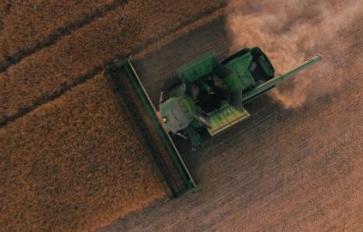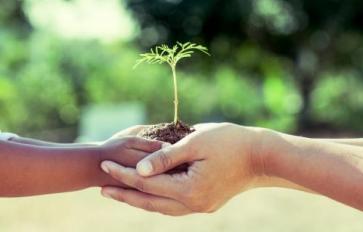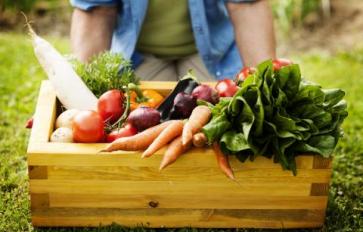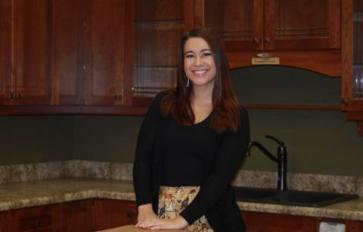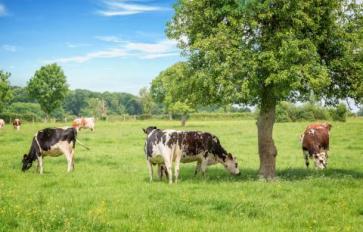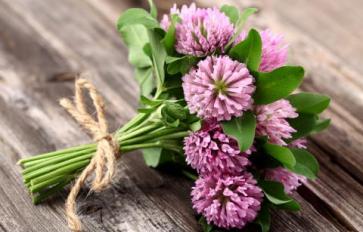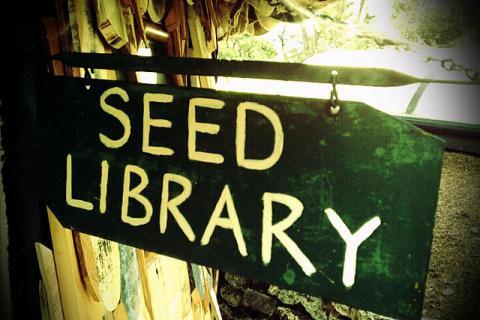
There are more than 500 seed libraries across the country in 46 states and 15 countries. Such libraries allow people to grow food and contribute back to the community. Like the seed library in Richmond, California, they create a web of integrated, food- and community-focused farming. These libraries create local models for sustainability. People learn seed saving techniques and how to promote rare and unusual plant varieties.
Seed libraries are as diverse as the communities where they are located. They focus on different needs such as access, organic faming, or preserving bio and genetic diversity. Seeds can be organized in cabinets, draws, and envelopes – wherever space is available.
The Richmond Seed library, which is run by educator Rebecca Newburn, has three cabinets housed on the first floor of the library building: edibles (veggies/fruit/edible flowers), herbs, and ornamentals (non-edible flowers, California natives, and ornamentals, such as gourds). Newburn said that making seeds available is part of a “gift economy.”
There is no requirement that individuals contribute seeds back to the library; however, seeds are labeled by three categories according to their ease of seed saving: easy (peas and beans fall under this category), difficult, and hand-pollinated. The Richmond Seed Library also offers seed-saving as well as other classes on urban medicine.
Pima County in Arizona has one of the more developed networks consisting of 27 seed libraries that help community members meet food budgets. The library system offers information about desert and container gardening, in addition to lectures on different plants. Want a seed that is not available at your local seed library? There is an interlibrary seed loan system. Frequently asked questions are available to the public in Spanish.
Seed-saving is a great way to get more involved in your food and your community. Make sure to check out local seed-saving efforts in your community!
See the following resources for more information about how to start your own local seed library:
Richmond, California
http://www.richmondgrowsseeds.org/create-a-library.html
Pima County, Arizona
https://www.library.pima.gov/browse_program/seed-library/
Photo Credit: "Hayes Valley Farm Seed Library" by edible office is licensed under CC BY 2.0



